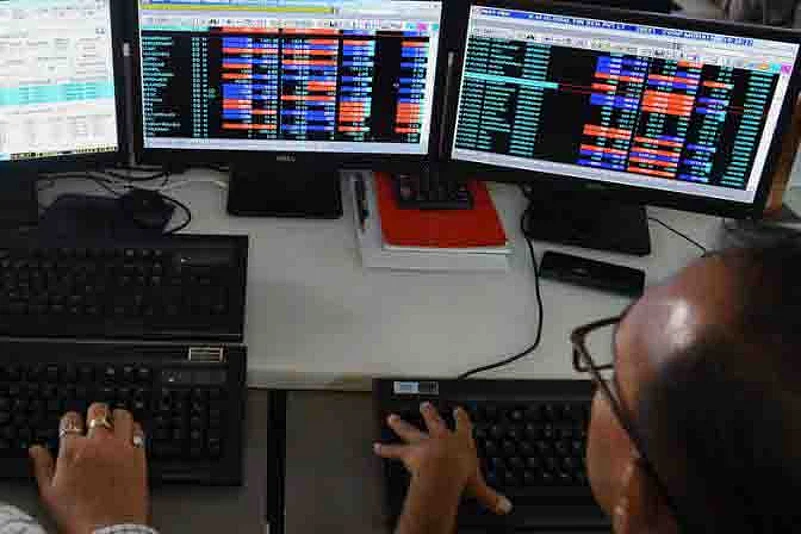People are working from home, students are attending e-classes, conferences and meetings have become virtual. It could even be binge-watching TV shows. After the national lockdown, most of our lives, especially in the cities, have moved to the internet. “The traffic load has increased by over 30 per cent in the last one-and-a-half week compared to last year as people have switched to 'work from home'," Rajan S Mathews, Director General, Cellular Operators Association of India (COAI) tells Outlook.
This has, of course, meant a heavy load on the internet infrastructure. In offices, there are dedicated WiFi networks, support staff, and high capacity cables. Now, all that pressure has come on to the public networks. So how are the people manning the internet and broadband coping with the demand, given the restrictions on the movement of people?
“We have taken steps to ensure that the network still functions properly. We have asked all of the teleco-OTT (Over The Top) players and the people who do streaming videos to start transmitting in standard definition as opposed to high definition. The process is expected to decrease the load factor by around 20 per cent,” says Mathew.
The COAI is also urging its customers to adopt 'proper network hygiene' that is, during a time when there is high demand, don't download heavy-duty files if they can help it. The peak period usually starts at about 7.30 am till about 12.30 pm and then from 4 pm till about 10.30 pm.
By refraining from doing non-essential work and stop non-essential downloading and uploading, it would help the critical people who need to use a network to have the appropriate access and quality.
Telecom service providers have sought government intervention to allow all critical people to be exempt from the quarantine. COAI has managed to get the home ministry to issue orders to the local police and to the DoT to identify critical people who need to move around to ensure that the networks stay up right.
"We have what we call ‘passive redundancy’, to make sure that if one thing fails, it can have backup to prevent outages. Even if one-third of the network fails, we can make sure that another part of the network takes care of the load and gets compensated. All of these factors are to make sure that the network stays up at 99.99%,” stresses Mathew. It seems to work as so far there have been only sporadic disruption on the internet network in most cities in India.
















